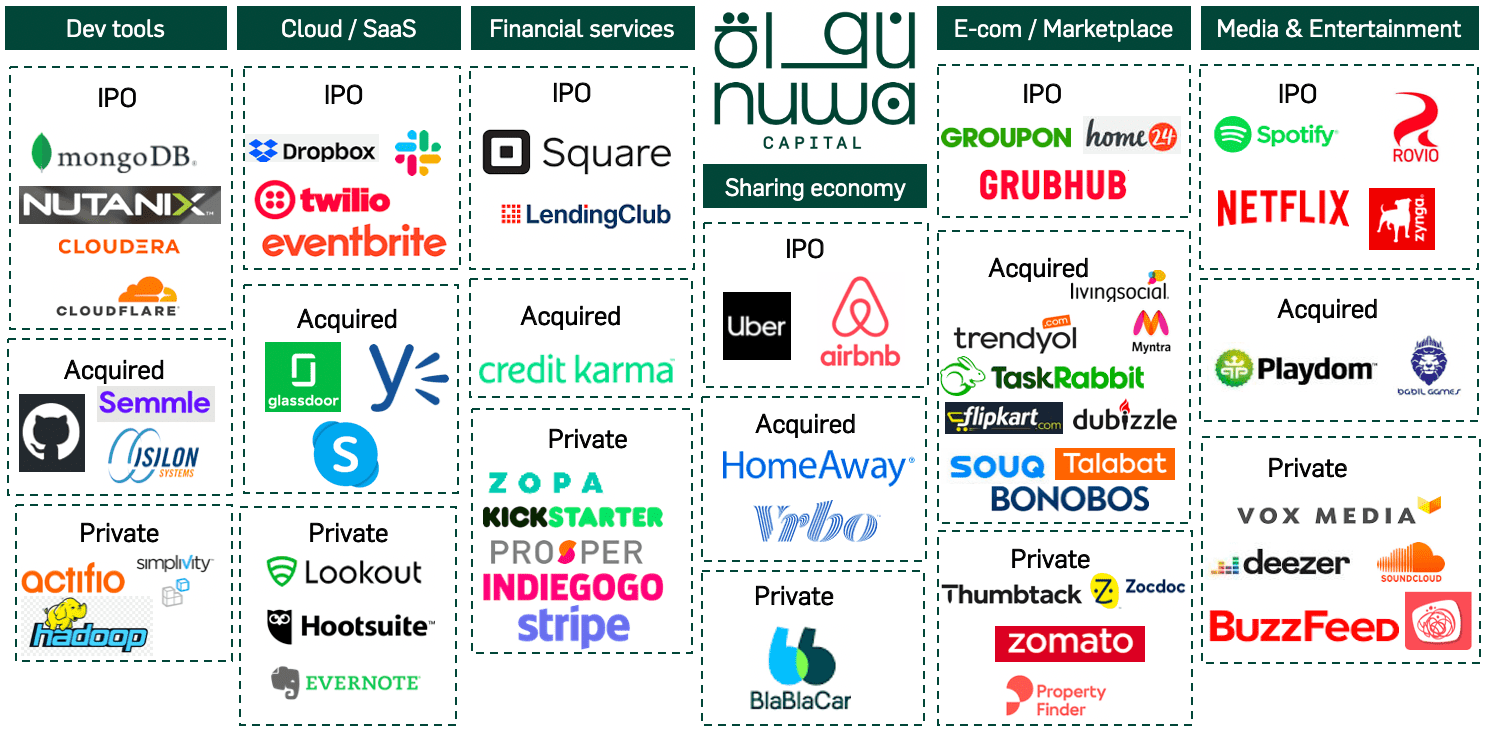The epidemic has plunged the world into ice caves, but there are always people who are good at winter swimming.
Editor’s note: This article is selected from Menabytes, the original title Covid-19 will accelerate the growth of digital economy at an unprecedented scale , author Khaled Talhouni .
Under the influence of the epidemic, we are at the cusp of a century of change, and society and economy will be reshaped rapidly, and the digital economy will usher in a vigorous development. What complex situation will the current crisis bring? What will it look like at the end of the crisis? Here I want to talk about some preliminary points.
The epidemic has far-reaching effects
Economic downturn will promote innovation and efficiency improvement, either the accelerated development of innovative companies or the emergence of new companies in response to the downturn.
In the economic recession of 2008-2010, innovative companies grew rapidly. These companies reshaped their industries and later became household names in the world.

Digital economy is gaining more and more popularity
The impact of the global and regional blockade restrictions implemented at this stage is obvious. With the continuous closure of offline retail stores around the world, millions of people, especially those in emerging markets, are embracing the digital economy. Consumers who have never bought online before now buy medicines online. People who rarely contact e-commerce nowadays are now turning to online shopping.
Consumers ’reliance on cash on delivery is weakening, especially in the Middle East, because damage to the supply chain means that e-commerce can no longer bear the problems of returns and order cancellations caused by cash on delivery. Once the social isolation measures are eliminated in the next few weeks or months, it will usher in an emerging group that has adapted to online shopping. This “sticky factor” will undoubtedly promote the transformation of the shopping experience.
This is the most intuitive impact, but in the long run I mean what this means and how it will reshape our industry. In other words, the key to making a company successful in the new situation is to figure out what the subsequent impacts of the epidemic are and what these impacts mean for entrepreneurs and investors.
Online and offline channel changes
In this special period, traditional retailers who have not yet established online channels will be greatly affected. This crisis will promote the following developments:
First of all, omni-channel retail will grow, and online and offline will develop in a coordinated manner, and online is no longer an extension of simple physical stores. In general, the number of physical stores will be greatly reduced, and the shopping experience will determine what kind of physical stores can survive.
Secondly, under the environment of economic recession, consumers are more sensitive to prices, and more and more people will switch to online shopping platforms that are convenient for price comparison.
Products that directly face consumers (that is, highly customized personal brand products) are mainly sold on online platforms, basically without the high cost of traditional retail industry. .
Consumers will pay less attention to whether the brand is famous, and more pursue the quality and price of the product. FMCG, fashion, glasses and other industries are most likely to have this situation.
Third, the e-commerce groups of other emerging markets in the Middle East and North Africa are mainly high-income groups. With tens of thousands of consumers exposed to online shopping in a recession, these regions will usher in rare opportunities for e-commerce activities targeting all income groups.
The above all show that we should create a more comprehensive shopping experience, in which the proportion of offline physical stores will be greatly reduced.
Catering industry
The restaurant industry has undergone major changes, and this change will undoubtedly continueKeep going.
One of the most direct impacts is that catering stores, takeaways and catering aggregation platforms will face difficulties in the short term. In the long run, the turbulence of the traditional catering industry will bring about changes in the dining experience. The catering industry will also develop in the direction of increasing efficiency, focusing on maximizing the use of physical facilities (restaurants, branches, etc.). Catering practitioners will seek to use these fixed investments to establish new sources of income while driving growth.
Opportunities for the restaurant industry will depend on whether practitioners can quickly and efficiently build brands to enable their online and offline businesses to fly together. The life cycle of catering brands will accelerate: online brands will increasingly use the cloud kitchen model, as well as catering aggregation platforms’ investment in customer acquisition channels.
Online brands will rely on these advantages to seek to develop new catering experiences that customers can deeply customize. The original intention of these brands was to deliver food to customers at very cheap delivery prices. So they may appear like mushrooms, but they may also disappear quickly in the choice of the market.
Like the retail industry, the catering industry will also integrate online and online, and there will be fewer and fewer physical stores in the catering industry. Catering practitioners will let the storefronts make the best use of it, double the storefront as an online brand kitchen, and rent it out to increase the return on investment of the store.
Changes in employment methods
Employers and businesses will lay off large numbers of employees in order to reduce costs. The impact of the second phase is that these dismissed people will be reworked in the form of contract workers or non-long-term employment, because the company hopes to serve customers through the online platform, which is beneficial to freelancers.
During the last economic depression, this situation was not seen in the Middle East and emerging markets, but it happened in more developed markets. Given the recent changes in regulatory policies in the Middle East and North Africa, we will see the rise of alternative platforms to help companies interface with freelancers, especially white-collar workers (design, translation, programming, marketing, etc.).
In addition, we will also see new ways for people to make the most of their resources (similar to how people use Airbnb as a bed and breakfast service and make money through Uber) I think things will develop further in this direction, specifically where the development will go is currently unknown.
Supply chain localization will be a hot spot
The crisis shows that global supply chains are easily affected. Enterprises and governments will seek to localize part of the industrial chain, and the economy and market will eventually be reshaped. In the production process of the entire supply chain, especially in the process of localization of agricultural technology industry and health industry, what kind of companies will stand out? Everyone will wait and see.
Edit | 罗林淇 @ 出海
Head image | Pexels
